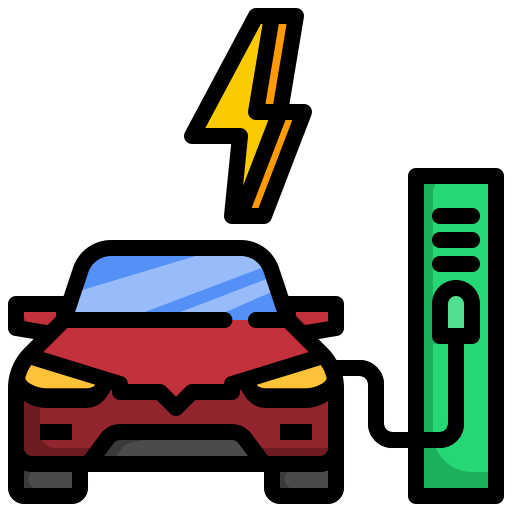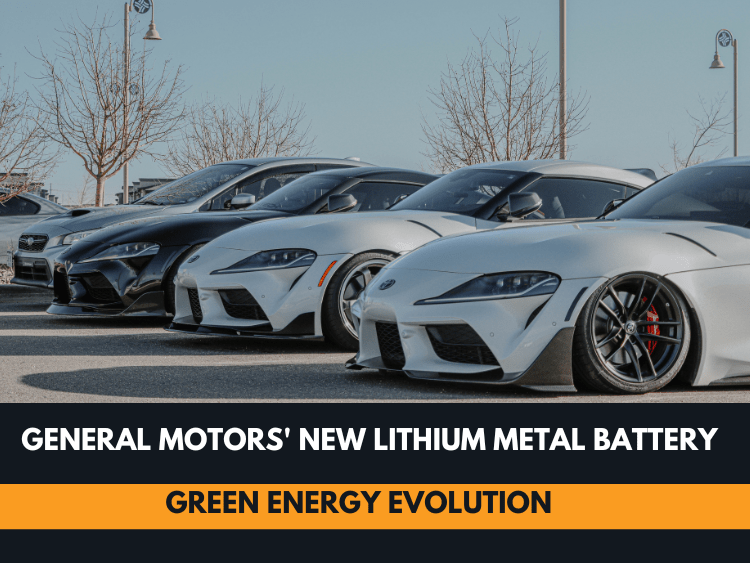In a world where sustainability is not just a buzzword but a necessity, the future of transportation is at a crossroads. As we strive towards a cleaner, greener future, the need for alternative fuel vehicles has become paramount.
In this exciting era of innovation, hydrogen, and electric vehicles have emerged as frontrunners, offering us a glimpse into a sustainable future. With the urgent need to reduce our carbon footprint and combat climate change, it’s time to embark on a thrilling journey where cutting-edge technology meets environmental consciousness.
So, fasten your seatbelts and join us as we explore the world of hydrogen fuel and electric cars. This blog post will delve into the features that set them apart, analyze real-world examples, and address potential drawbacks with innovative solutions. So, buckle up as we embark on this fascinating journey into the world of alternative fuel vehicles!
Powering the Future: The Basics
To begin our comparison, let’s first understand the fundamental differences between hydrogen-powered and electric cars. Hydrogen fuel cars, also known as fuel cell electric vehicles (FCEVs), utilize hydrogen gas to generate electricity, which powers an electric motor. On the other hand, EV cars, often referred to as battery electric vehicles (BEVs), are powered by electricity stored in rechargeable batteries.
| Feature | Hydrogen Fuel Cars (FCEVs) | Electric Cars (BEVs) |
| Power Source | Hydrogen fuel cells | High-capacity batteries |
| Emissions | Zero emissions (water vapor) | Zero tailpipe emissions |
| Range | Long driving range | Limited driving range |
| Refueling Time | Quick refueling (minutes) | Longer charging time |
| Refueling Infrastructure | Limited hydrogen stations | Growing charging network |
| Driving Experience | Comparable to gasoline cars | Quiet and smooth |
| Home Charging | Not applicable | Convenient overnight |
| Maintenance | Few moving parts, and low cost | Few moving parts, and low cost |
| Environmental Impact | Green hydrogen production | Renewable energy sources |
| Availability | Limited availability | Widely available |
| Cost | High production cost | Varies, depending on model |
Now that we have compared the key features, let’s delve into each technology in more detail and uncover the unique aspects of hydrogen and electric cars. Join us, as we explore their benefits, drawbacks, and the solutions they offer for a sustainable future.
Driving Range: Who Goes the Extra Mile?

One of the critical factors that influence consumers’ choices is driving range. While electric vehicles have made significant strides in recent years, hydrogen fuel cell cars typically offer a more extended driving range. For example, the Toyota Mirai, a hydrogen-powered vehicle, has a range of roughly 400 miles on a single tank of hydrogen, but the Tesla Model S, an electric vehicle, has a range of approximately 370 miles on a single charge.
A hydrogen-fuel automobile can be your best option if you frequently take long road trips or need a lot of range. On the other hand, an electric vehicle should be sufficient for daily commuting and shorter distances.
Refueling/Recharging Infrastructure: The Charging Conundrum

Infrastructure plays a vital role in the widespread adoption of any new technology. Electric vehicles presently have a more established infrastructure for refueling/recharging, with charging stations becoming more widespread. In contrast, hydrogen fueling stations are still relatively scarce. However, efforts are underway to expand the hydrogen refueling network, particularly in countries like Japan, Germany, and California, USA.
If you live in an area with a well-established charging infrastructure, an electric car provides greater convenience for daily usage. However, if hydrogen fueling stations are readily available in your region or if you have plans to travel extensively, a hydrogen fuel car might be a suitable option.
Fueling Time: Instant Gratification or Patience is a Virtue?

Another essential aspect to consider is the time required for refueling or recharging. Electric cars typically take several hours to recharge fully, depending on the charging method used. In contrast, hydrogen fuel cell vehicles offer a refueling experience similar to traditional gasoline cars, taking only a few minutes to refill the hydrogen tank.
If you prefer the convenience of quick refueling, a hydrogen-powered car would be more appealing. On the other hand, if you have access to overnight charging at home or work, and shorter recharging times aren’t a concern, an electric car can meet your needs efficiently.
Environmental Impact: Clean Energy Revolution

One of the primary motivations for transitioning to alternative fuel vehicles is reducing greenhouse gas emissions and combating climate change. Despite both cars providing substantial environmental advantages, they vary in their overall carbon footprint.
Hydrogen fuel cars emit only water vapor as their byproduct, making them emission-free during operation. However, the production of hydrogen gas currently relies on processes that generate carbon dioxide. On the other hand, electric vehicles produce zero tailpipe emissions, but the environmental impact of electricity generation depends on the energy source used to charge the automobiles.
Consider regenerative energy sources like solar or wind power when recharging your electric vehicle to maximize the environmental advantages. Additionally, investing in hydrogen production methods that utilize renewable energy can help reduce the carbon footprint of hydrogen-powered cars.
Cost Considerations: Dollars and Cents

When choosing between hydrogen fuel-powered automobiles and electric cars, price is the primary factor for many people. Currently, the initial cost of electric vehicles is often cheaper than that of hydrogen-powered vehicles. Additionally, the cost of electricity for charging an electric car is usually lower than the cost of hydrogen fuel. However, the overall cost of ownership, including maintenance and fueling/refueling expenses, can vary depending on factors such as local electricity and hydrogen prices.
If you are looking for a more affordable option with lower upfront costs and potentially lower fueling expenses, an electric car might be the way to go. However, it’s essential to consider the long-term investment and availability of charging infrastructure or hydrogen fueling stations in your area.
Technology and Innovation: The Road Ahead

Both hydrogen and electric cars are continuously evolving technologies. As the demand for sustainable transportation grows, manufacturers and researchers are investing in advancements to address current limitations and enhance the performance of these vehicles.
Remain informed about the latest advancements in hydrogen and electric cars to make a well-informed choice when contemplating a purchase. Keep an eye on improvements in driving range, refueling/recharging infrastructure, cost, and environmental impact.
Driving Towards a Sustainable Future: The Choice is Yours!
As we reach the end of our comparison journey between hydrogen fuel cars and EV cars, it’s clear that both options have their unique advantages and considerations. The choice ultimately depends on an individual need, lifestyle, and access to supporting infrastructure. Whether you opt for the long driving range and quick refueling of a hydrogen-powered car or the convenience of charging an electric car at home, both vehicles contribute to a greener future.
Don’t forget to consider factors such as driving range, refueling/recharging infrastructure, fueling time, environmental impact, cost, and technological advancements while making your decision. By understanding the differences and weighing the pros and cons, you can choose the vehicle that aligns with your priorities and helps you make a positive impact on the planet.
Happy driving, and let’s accelerate toward a sustainable future together!
Recommendation:
General Motors’ New Lithium Metal Battery for a Sustainable Future
The Ultimate Guide: How Long Will Your Electric Car Battery Endure?
FAQS
Q1. How do hydrogen cars work?
Hydrogen fuel cell vehicles work by using a fuel cell to convert hydrogen into electricity, powering the vehicle’s electric motor and emitting only water vapor as a byproduct.
Q2. Will hydrogen cars be the future?
Yes, hydrogen cars have the potential to be a significant part of the future transportation landscape due to their zero-emission capabilities and longer driving ranges.
Q3. Can hydrogen cars explode?
Yes, hydrogen cars can potentially explode due to the highly flammable nature of hydrogen gas.
For More such blogs please visit Envoybuzz




